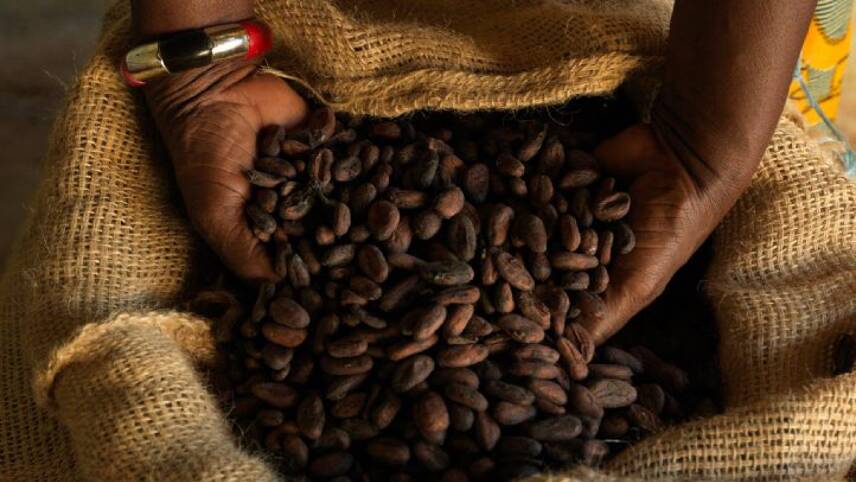Register for free and continue reading
Join our growing army of changemakers and get unlimited access to our premium content

The commitment will cover more than 100 of Waitrose & Partners' own-brand lines
Announced at the launch of Fairtrade Fortnight campaign in London today (25 February), the commitment will increase Waitrose & Partners’ annual investment in Fairtrade schemes to more than $3.3m (£2.5m).
Meeting the 100% target will require the supermarket to investigate worker treatment and pay policies in the cocoa supply chains of all of its own-brand confectionary lines within the next ten months. In total, the supermarket stocks more than 100 own-brand confectionary products.
Waitrose & Partners has also pledged to source more Fairtrade confectionary products from external brands, including Divine Chocolate and Tony’s Chocolonely – a purpose-led brand which is striving to eradicate modern slavery from global cocoa supply chains.
“The typical income cocoa farmers currently earn mean they often struggle to cover their production costs, even before affording essentials like food, clothing, education and healthcare,” Waitrose & Partners’ senior confectionery buyer Lizzie Sutcliffe said.
“By supporting Fairtrade’s campaign and ensuring all cocoa in our own brand confectionery is Fairtrade certified, through the support of our customers, we can improve living standards for many cocoa farming communities in Africa.”
The commitment builds on Waitrose & Partners’ pledge to only sell Fairtrade bananas, which it took in 2007. Since the retailer made that commitment, the number of bananas sold in the UK which are certified as “sustainably sourced” has increased by 10%.
Waitrose & Partners has also shifted to 100% Fairtrade across its own-brand tea, speciality sugars and block chocolate lines in recent years. Its in-store cafes also stock 100% Fairtrade coffee.
Sweet like chocolate?
Population growth and consumer demands have pushed global annual cocoa production past three billion tonnes – 70% of which is grown in West Africa. A near-insatiable demand for the product has seen the global chocolate market reach $131bn, but this economic boom has historically neglected the need for social sustainability in supply chains.
The Fairtrade Foundation, for example, estimates that the average cocoa farmer on the Ivory Cost earns just 74p per day for their work – less than half of the region’s living wage of £1.86 per day. This means that the majority of cocoa workers in the region are living below the poverty line.
Moreover, millions of African adults and children are believed to be affected by forced labour in cocoa supply chains.
In a bid to address the issue, big-name confectionary brands such as Mondelez, Mars, The Hershey Company and Barry Callebaut have launched supply chain initiatives focused on farmer education, wellbeing and productivity.
The Fairtrade Foundation, meanwhile, is urging governments, chocolate companies and other retailers to commit to sourcing only cocoa which is certified as sustainable through its scheme, which pays supply chain workers a premium for their labour and products. The first retailer to have made such a commitment for cocoa was the Co-op.
At a recent event held by the Fairtrade Foundation in London, the Co-op’s chief commercial officer Michael Fletcher argued that fair treatment for supply chain workers could have a “David Attenborough moment” and become the next big sustainability issue for consumers in 2019.
Fletcher predicted that the drive to change existing supply chain models to ensure that all workers receive a living wage is likely to be consumer-led, with manufacturers and then policymakers following suit – in a similar fashion to the current corporate phase-out of plastics.
Sarah George


Please login or Register to leave a comment.